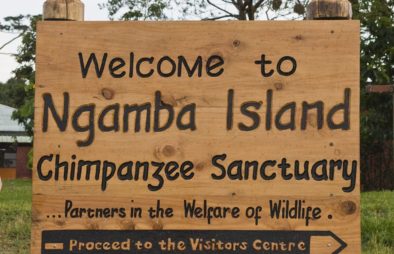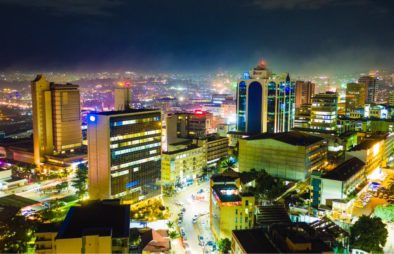Uganda Border Crossing Guide
With a wide array of stunning wildlife species, extraordinary beauty to relish, amazingly hospitable people to interact with, magnificent sceneries to savour, mouth-watering cuisines to enjoy and plethora of bird species to watch, Uganda is undeniably spectacular. Therefore exploring Uganda is guaranteed to be exciting and unforgettable. Whether for tourism or Trade/business, Uganda’s border can be crossed by air and road.
Uganda border crossing by air
Uganda, dubbed the Pearl of Africa is connected to the outside World by only one International Airport (known as Entebbe International Airport), located along the pristine shores of Lake Victoria. The main urban areas in Uganda (especially Kampala, Arua, Mbarara, Kisoro, Masindi and others) have smaller Airstrips and the Civil Aviation Authority (CAA) works tirelessly to ensure that air transport in the country is safe and secure.
Border crossing by road
A number of bus services connect Uganda’s Capital to the neighboring East African countries although private transport means can also be used to cross the border to different neighboring countries as long as you possess a valid National driver’s license. However, drivers have to fulfill a number of obligations that include possessing East African Tourist Visa (for visitors driving across Uganda, Rwanda and Kenya), forms issued by Uganda Revenue Authority for travellers using private cars, fulfill car insurance and you must have a valid sticker on the car as evidence of insurance. The different border points between Uganda and neighboring countries include Busia, Lokitanyala, Suam, Malaba and Lwakhakha when crossing from Kenya, Mutukula border for border crossing with Tanzania, Katuna and Cyanika border points when connecting to/from Rwanda and Bunagana, Mpondwe and Busego for the Democratic Republic of Congo.
Documents needed for Uganda Border crossing
Travellers planning to cross Uganda’s borders need a number of documents that include passport or National Identity Card (for East African Community Residents), Visa (except for citizens from Visa exempt countries), yellow Fever Vaccination Certificate and other requirements/travel documents (such as inter-state pass) for East African residents. For clarity sake, the East African Community Countries are Tanzania, Burundi, South Sudan, Kenya and Rwanda besides Uganda. Travellers also need proof of negative Covid-19 test result/certificate issued in not more than 72 hours (article was written during the Covid-19 pandemic).
Health and Safety tips to keep in mind during Uganda Border Crossing
Violent political protests/demonstrations are common in Uganda, although visitors are rarely targeted.
Due to past terrorist attacks (in 2010), the country has intensified security arrangements in public places such as Banks, Supermarkets or Shopping Malls and Education Institutions among others hence expect your luggage and car to be checked.
Petty crimes such as pickpocketing as well as violent crimes are common in Urban Centers hence avoid flaunting expensive valuables such as jewelry in public and walking alone after dark.
The Global threatening pandemic (Covid-19) still remains a risk in Uganda hence wearing facemasks, hand sanitizing, maintaining social distance (2 meters) and presenting negative Covid-19 certificate of at least 72 hours before travelling is mandatory.
Malaria and Yellow Fever are common hence a yellow fever vaccination certificate is required in addition to carrying insect repellant and anti-malaria tablets.
Medical and Travel insurance is recommended.
A national-wide curfew (7:00pm to 5:30am) is still in place (at time of writing) although flight departures during curfew hours are allowed so long as travellers present valid air ticket.
Best Time for Uganda Border Crossing
Uganda generally features an Equatorial climate with two main seasons. The rainy season is from late March to early May (long rains) and late October to early December (short rains) whereas the dry season is from June to September and mid-December to mid-March. The country also belongs to the East African Standard Time zone that is approximately 3 hours ahead of the Greenwich Mean Time (abbreviated as GMT+3). Therefore, the country’s borders can be crossed throughout the year.














